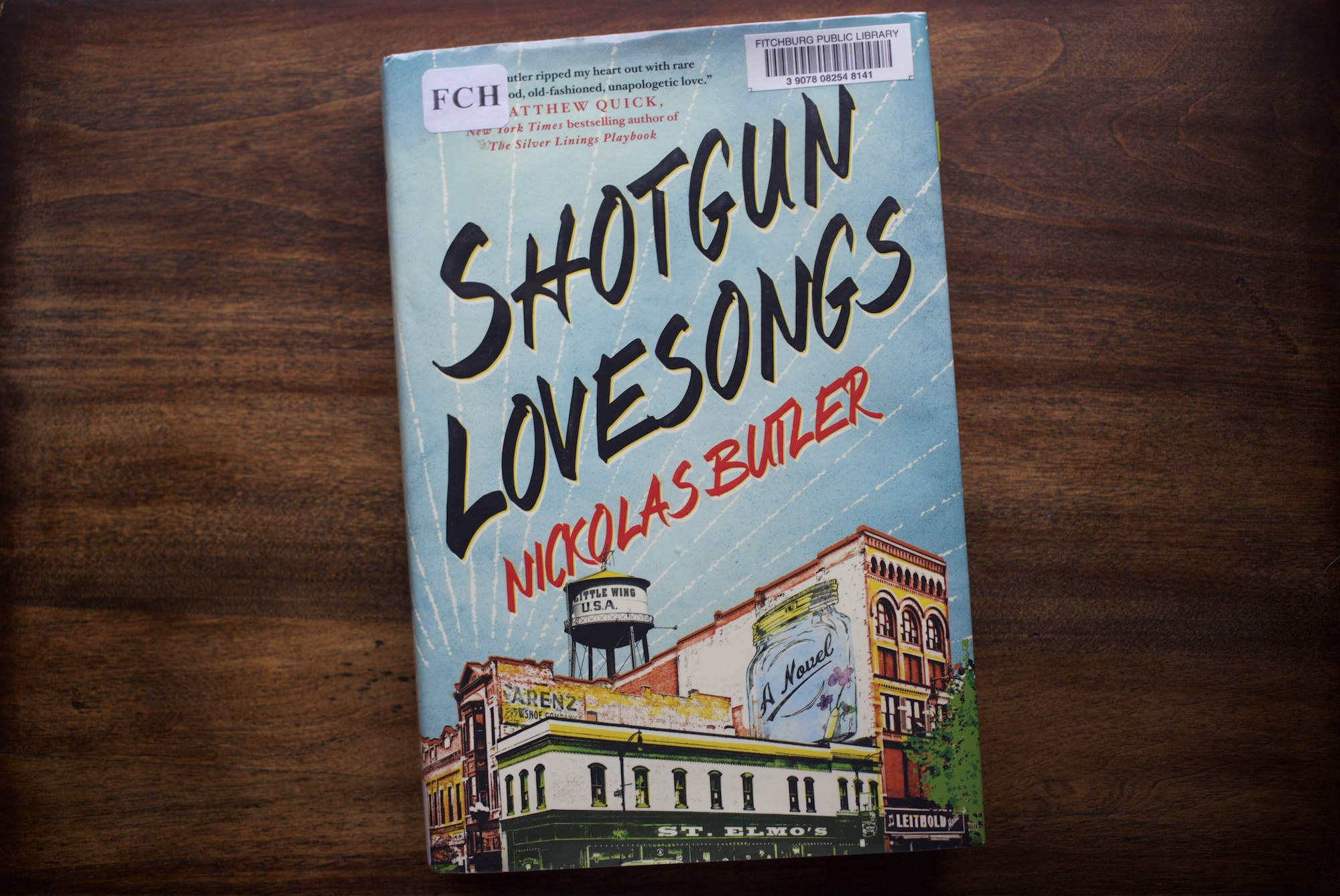Tag: Shotgun Lovesongs
-

Story in Review: Shotgun Lovesongs by Nickolas Butler
This book is a love letter to the Midwest and the people that live here. Shotgun Lovesongs by Nickolas Butler is a book that I will read again and again. Through the perspectives of four friends who grew up in Little Wing, WI, we learn what it’s like to live – and love – in a…